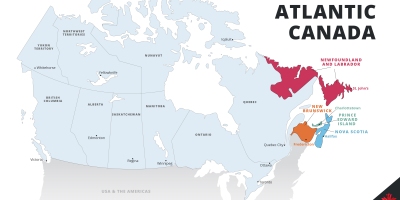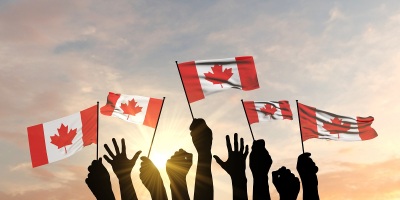
Category: Social life
66 Posts


Ordeals of Immigrants Traveling Home During Holiday Season

Life in Detention Camps: Through the Eyes of Refugee Claimants

Programs and Resources for Displaced Ukrainians in Canada

Top Eight Reasons Immigrants Migrate to Atlantic Canada

Affordable Housing a Top Priority for New Immigrants to Canada

The Real Cost of Free Healthcare in Canada

Family life, Settlement, Social life
Migration Nation – How Immigrants Have Made It In Other Part of Canada

Correlation Between Age and Immigration in Canada

